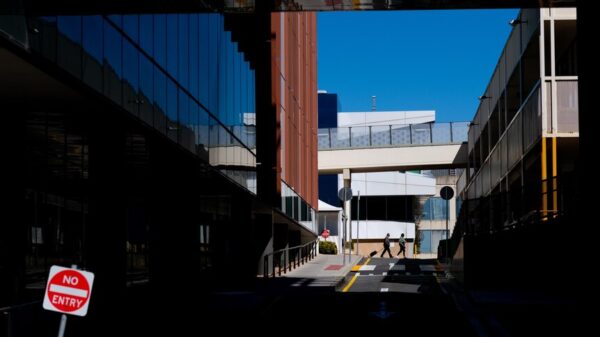France has officially recognized the state of Palestine during a world summit in New York, joining other Western allies such as Britain and Australia. This significant move, which comes nearly two years into the ongoing conflict in Gaza, was announced by French President Emmanuel Macron on Monday, September 25, 2023. Macron emphasized the need for a peaceful resolution, stating, “We must pave the way for peace. Today, France recognizes the state of Palestine.”
International Reactions and Context
The summit, co-hosted by France and Saudi Arabia, aimed to bolster Palestinian aspirations for statehood. Despite this recognition, immediate changes on the ground are unlikely. Israel’s current government, described as the most far-right in its history, has firmly rejected any notion of a Palestinian state while intensifying military operations against the militant group Hamas in Gaza. Following the October 7, 2023 attack on Israel that resulted in approximately 1,200 fatalities, Israel has launched a ground assault on Gaza City, exacerbating an already critical humanitarian situation.
Local health authorities report that over 65,000 Palestinians have died as a result of the ongoing conflict. With Israel facing increasing isolation and condemnation for its military actions, the global landscape surrounding the Israeli-Palestinian conflict is shifting. In addition to France, nations such as Andorra, Belgium, Luxembourg, and San Marino were expected to announce recognition of Palestine during the UN General Assembly, following similar declarations from Canada and Portugal.
The Path Forward for Peace
Israel has responded to these acknowledgments by warning that such actions could undermine any prospects for a peaceful resolution. The concept of a two-state solution, foundational to the US-backed peace process initiated by the 1993 Oslo Accords, appears increasingly tenuous as negotiations have stalled since 2014. The United States, which boycotted Monday’s summit, has indicated that recognition of Palestine could lead to further complications in the region. Marco Rubio, the US Secretary of State, expressed concerns earlier this month regarding the potential fallout from such recognitions.
Israeli Ambassador to the UN, Danny Danon, stated that the recognition of Palestine should have been addressed through negotiations between Israel and the Palestinians, rather than through unilateral actions by other nations. Prime Minister Benjamin Netanyahu has maintained a hardline stance, rejecting calls for a ceasefire and insisting that Hamas must be destroyed before any discussions about Palestinian statehood can take place.
While a majority of European nations now recognize Palestine, two of the largest economies, Germany and Italy, have indicated skepticism about similar moves. Germany, historically a strong ally of Israel due to its responsibility for the Holocaust, has become more critical of Israeli policies but insists that recognition should come as part of a negotiated process. Italian officials have warned that recognizing Palestine could be “counterproductive.”
As the situation continues to evolve, France hopes that its recognition of Palestine will invigorate a movement that has been largely driven by smaller nations critical of Israel. However, the path to full UN membership for Palestine remains complicated. Despite observer status at the UN, full membership requires approval from the Security Council, where the United States holds veto power.
The dynamics surrounding the recognition of Palestine and the Israeli-Palestinian conflict are complex and fraught with historical grievances and geopolitical implications. As countries respond to the calls for recognition, the international community remains divided on how best to achieve lasting peace in the region.



































































